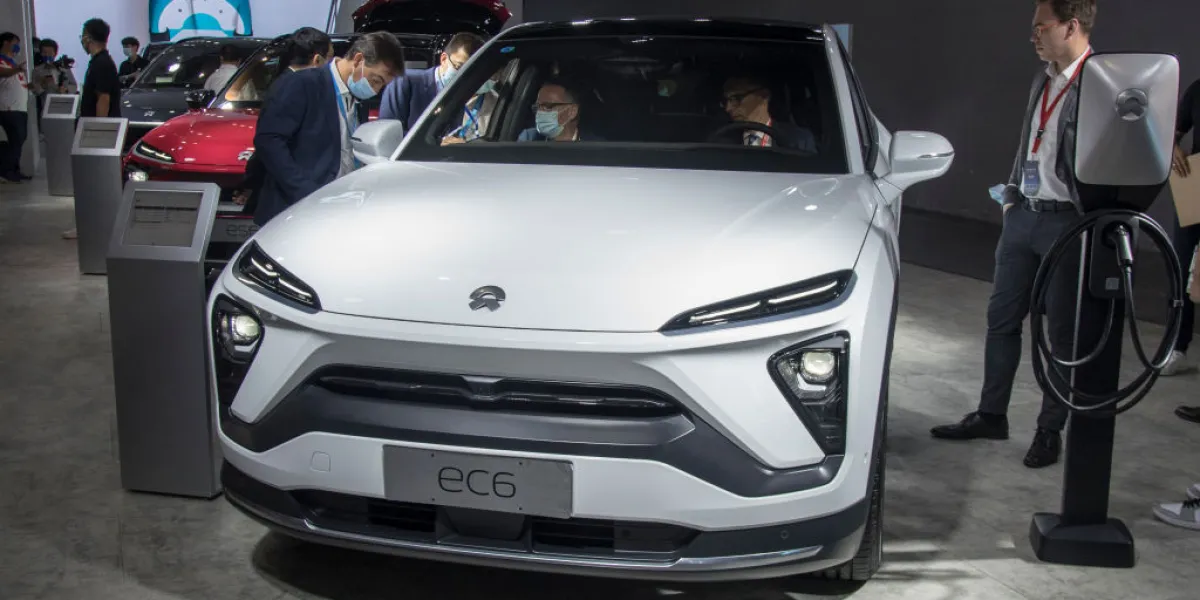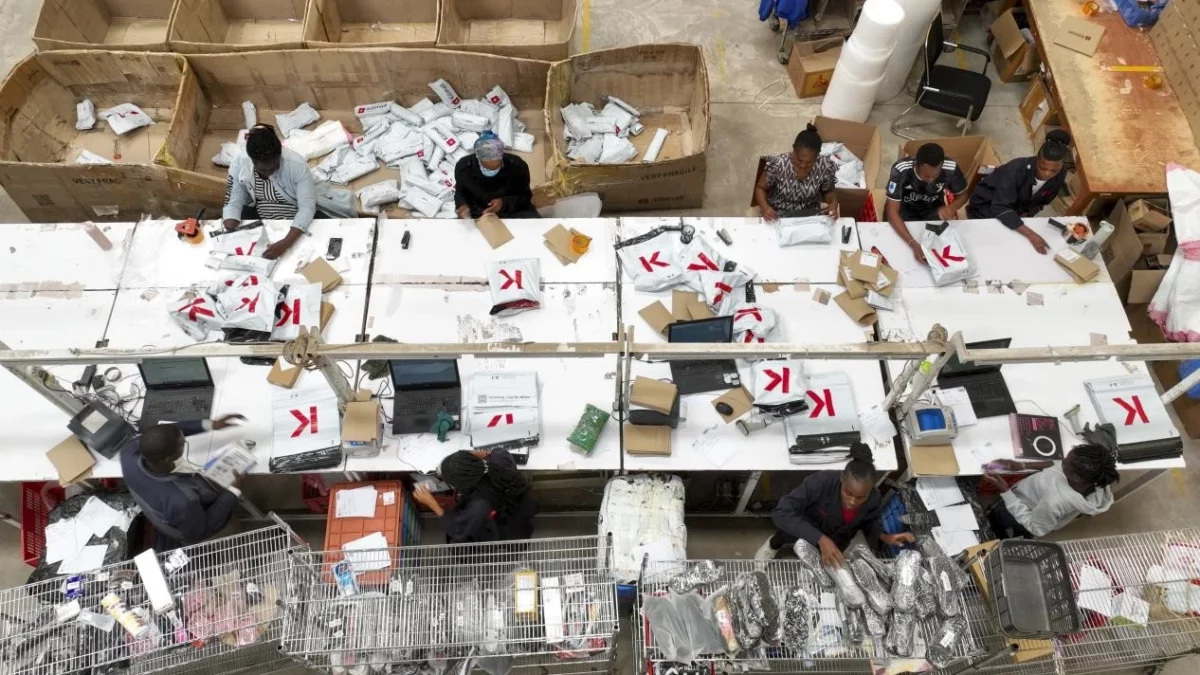Business; China clinches on top for the sale of its commercial energy vehicles giving first priority to its customers across the world.
Gearing up for the business, data from the China Association of Automobile Manufacturers show that carmakers magnificently sold more than 3.5 million of NEVs in the country in the year 2021.
For business comparison and identification; the US sold about 1.2 million NEVs in the year 2021. As part of a push to cut emissions.
Follow this link and vote for Buni in partnership with Switch Media for the One Africa award 2022.
The city governments in China have imposed solid restrictions on when and where fossil fuel-powered vehicles can significantly be driven and streamlined the registration process for NEVs, resulting in the high demand for services.
However, in major cities in China, driving electric vehicles can be a frustrating experience, mostly due to the lack of adequate charging infrastructure.
On the other hand, in the United States and Europe at large, the identified problem of range anxiety is simply a source of stress for Chinese NEV owners.
From a giving point of view, the infrastructure problem is strategically acute during the Lunar New Year and other outlined traditional holidays when many Chinese drives back to their rural hometowns to celebrate their holidays.
Getting on the business track, China’s government has purely attempted to boost the country’s NEV infrastructures for the charging station industry but has struggled to keep pace with the growth of the NEV market.
In addition, the recent domestic media investigation found that, in the year 2019 alone, 50 percent of the registered charging companies ran into bankruptcy or left the industry, while those that survived the situation reported challenges in maintaining profitability.
Furthermore, in a planning document from 2015, the central government of China expressed hope that by the year 2020, there will be almost one charging station for every electric vehicle nationwide.
Just at its advancement, five years later, the real number was closer to one charging station for every three cars.
Strategically, NEV companies are simply engaging in an intense tug-of-war with battery manufacturers and charging stations.
Meanwhile, Batteries account for a large percentage of the cost of manufacturing electric vehicles, and the relationship between car companies, battery manufacturers, and charging stations is both cooperative and competitive, with car brands occasionally playing the latter two off against each other.
Additionally, the Chinese new-energy vehicle company Nio has purely started promoting a battery swap model, for instance, encouraging drivers to simply swap empty batteries for full ones on long journeys.
Finally, policymakers can ensure stations are built and operated efficiently at any time. Also Charging stations in residential communities should use modern network technology to charge vehicles at different times throughout the night and during the day as well, restaurant and shopping mall parking lots can offer rapid charging services to customers.




























